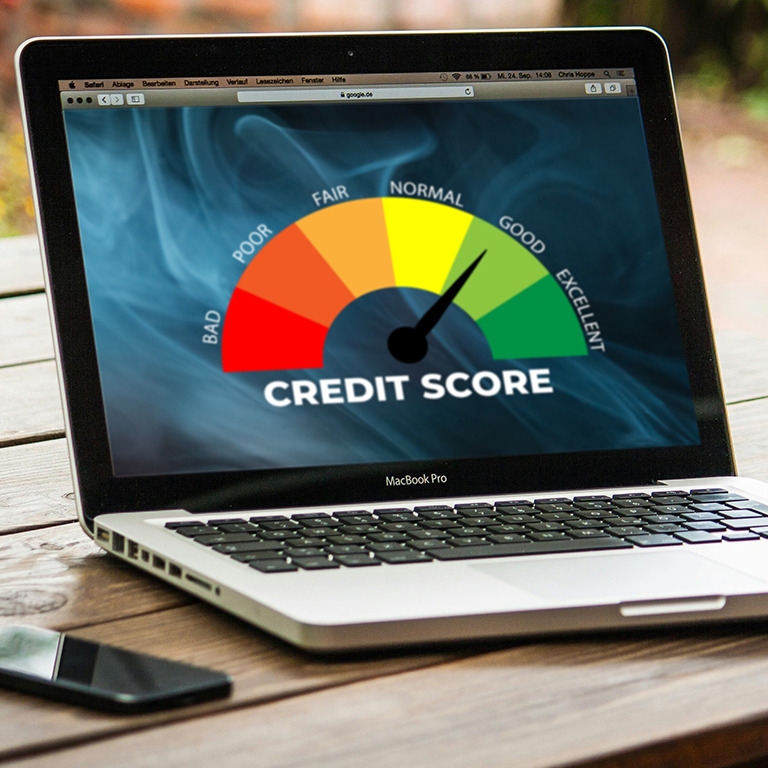Do you practice safe checks? It should come as easily as airline safety, so buckle up for this one.
Despite the fact that check use has declined by 25%, reports of check fraud have soared. Actually, they’ve nearly doubled since 2021.
Criminals are becoming more sophisticated and finding new ways to steal your financial information to gain access to, and fly off with, your money.
At First National Bank, we’re committed to helping you use checks safely. Don’t give criminals the runway — understanding the tactics they use to commit check fraud can be your first line of defense.
Criminals are known to raid mailboxes and take off with checks so they can alter them and steal your money. In fact, we covered a potential instance of this on our blog earlier this year:
One way to prevent this from happening is by not leaving your mail in your mailbox overnight or for long periods of time. If you’re heading out of town, you can pause your mail delivery for peace of mind.
If you’re sending a check in the mail, don’t drop it in your mailbox. Instead, mail it from a USPS location to ensure it lands safely.
If criminals get ahold of your check, they could perform what’s known as check washing: chemicals are used to “wash” checks, and fraudsters erase and rewrite details to siphon funds into their own accounts.
Lastly, every time you write a check, you expose your personal information, such as your name, contact information, and bank account number.
If a criminal gets ahold of your account and routing number, they can stow that information away and try to steal your money by creating counterfeit checks using modern printers and software.
Tips for preventing check fraud
When digital banking methods aren’t an option, keep these tips in mind to practice check safety:
1. Use permanent gel pens
Just like wearing a seatbelt when you fly, protect yourself from check fraud by using permanent ink when you write a check.
2. Avoid blank spaces
Make sure you fill out every blank space on a check so criminals can’t fill them in instead. That being said, you’re still welcome to enjoy Taylor Swift’s 2014 pop megahit on your plane ride playlist.
3. Withhold personal information
The person in the middle seat doesn’t need to know your whole life story. Just like you don’t need to add extra personal info to your checks.
4. Review accounts
Monitor your account activity in Personal Online Banking, Business Online Banking, the FNBSF mobile app, or the FNBSF business app as attentively as you await a safe arrival message from a loved one. Regular reviews ensure you quickly notice anything out of the ordinary.
5. Check your checks
Frequently check your paid checks online and in our app. To guard against fraud, ensure the indorsement is correct and reflects the intended payee and amount.
6. Use digital payment options
Consider using our Bill Pay service in online banking for more secure payments. To learn more about Bill Pay, check out the tutorial in our demo video hub.
Another safe payment alternative is a mobile wallet, since your card information is never shared with the business that you’re paying.
7. Follow up
Just as you would confirm your flight details, make sure to follow up with payees to confirm they’ve received and deposited your check.
If you have questions or would like further help with setting up alternative payment options, contact your banker directly or reach out to us.
And for more tips, resources, and videos on how to practice check safety, visit PracticeSafeChecks.com.


